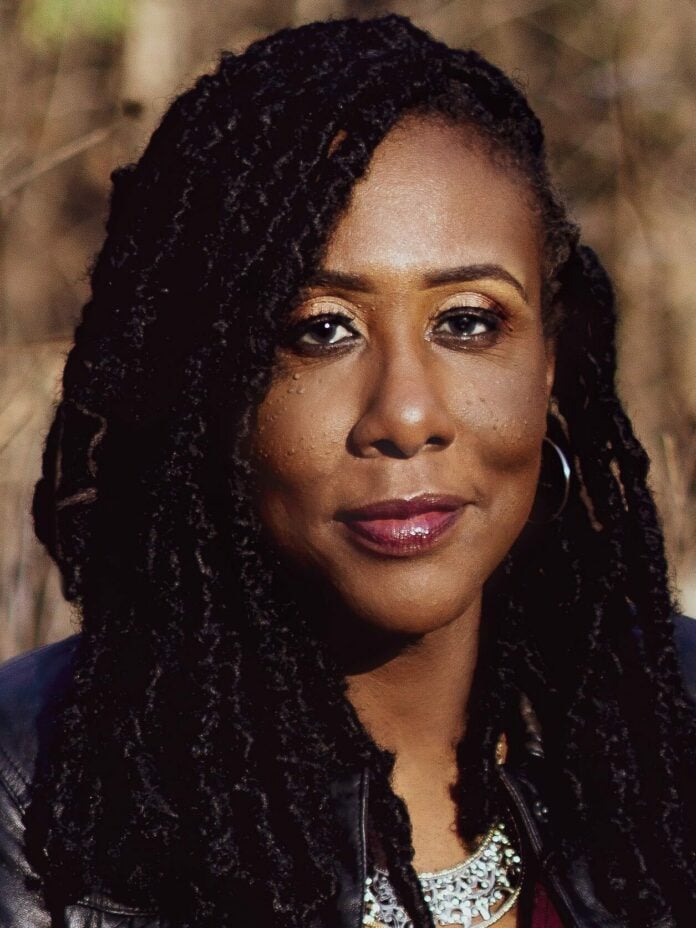“Those who have no record of what their forebears have accomplished lose the inspiration which comes from the teaching of biography and history.”
— Dr. Carter G. Woodson
“Only pay attention and watch yourselves closely so that you do not forget the things which your eyes have seen, and they do not depart from your heart all the days of your life. Make them known to your children and your grandchildren, impressing these things on their minds and penetrating their hearts with these truths.”
— Deuteronomy 4:9
“When you open up some history books, you will find gaping holes of missing and incomplete Black history as you turn the pages. Storytelling fills in those gaps with research and wisdom from the sages. We must tell our stories.”
— Rev. Sheila P. Spencer
There is a sacredness in passing on our stories as part of both our spiritual legacy and our Black history and culture.
Scripture emphasizes the importance of ensuring truth is passed from generation to generation, just as Jesus, a master storyteller, used parables to teach. Our stories, originating not on this continent but in Africa, have been preserved through sermons, Bible classes, family gatherings and the wisdom of our elders.
Dr. Carter G. Woodson, the Father of Black History, recognized the power of our narrative, founding the Association for the Study of Negro Life and History in 1915 and later establishing Negro History Week in 1926. Passing down our stories is both a privilege and a responsibility, ensuring that our spiritual and cultural legacy endures.
It was NEVER Woodson’s intent to limit Black history to only a week. His legacy, through founding ASALH, was to ensure that African American history is shared every day of the year. His work reminds us of the importance of sharing our stories and our narrative.
Virginia Hamilton, author of “The People Could Fly,” said that storytelling was the first opportunity for Black folks to represent themselves as anything other than property.
The late Congressman John Lewis said, “The movement without storytelling is like birds without wings.” Telling our stories prevents our narrative from being frozen in one time and space — storytelling provides the wings that carry our stories to the next generation.
In Deuteronomy 1-3, Moses reminds the people of their identity, reviewing their history — both failures and victories — to prepare them for the challenges ahead. Chapter 4 reveals who God is, emphasizing that God has been with them throughout their journey. Verse 9 highlights the importance of passing this knowledge on.
If we do not take authority in telling our own story, we risk losing its power. God is just as present in our struggles as in the retelling of our journey. Remembering, passing on, and celebrating our story reinforces both who we are and whose we are.
1. Our story reminds us that we have a past through which we have come — and overcome.
I recently interviewed my father for a family anthology and his insight as the patriarch of our family. He reminded us of the importance of remembering the faithfulness of the ancestors who paved the way for us. Black history reminds us of Black Moses — Harriet Tubman — and the truth-telling of Sojourner Truth. It carries the tradition of resisting racism and segregation through boycotts and praying with our feet. Hebrews 12:1 reminds us that they are still with us:
“Since we are surrounded by such a great cloud of witnesses… Do you see what this means—all these pioneers who blazed the way, all these veterans cheering us on?”
2. Our story empowers us in the present, reminding us that God is not finished within the narrative of our lives.
History is not confined to the past. We are history-makers in the present each and every day. Other generations depend on those of us living out the story now to preserve it for the future.
3. Recounting our story leads us toward joy and hope in the future God has for us.
Passing on our story gives hope to the future, encouraging us to walk boldly in our calling. God has been present with us in our past. God is present with us as we seek to preserve and retell our story today. God will be with us as we go forward to shape our story in the days ahead.





